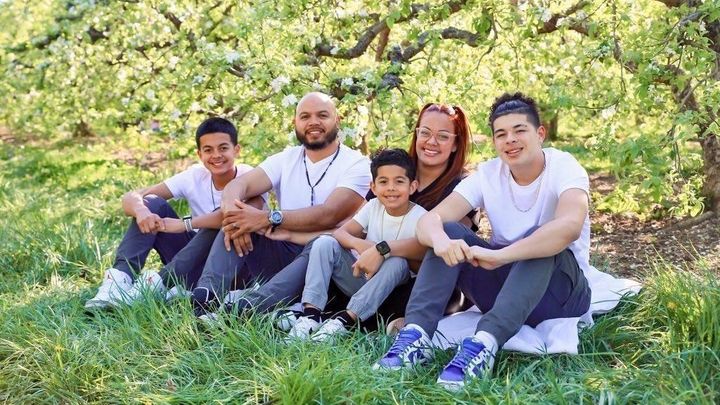The ongoing conflict in Gaza has left countless families in dire need of support. The harsh realities faced by these families require immediate attention and assistance. This article explores various ways to provide family support and help to my Gaza families, offering a beacon of hope in these challenging times.
Understanding the Needs of Gaza Families
My Gaza families face numerous challenges, from basic necessities like food and shelter to emotional and psychological support. The continuous turmoil in the region exacerbates their struggles, making it essential to address their immediate and long-term needs. Understanding these needs is the first step toward providing effective family support.
Providing Basic Necessities
Access to basic necessities such as food, clean water, and medical supplies is crucial for the well-being of my Gaza families. Humanitarian efforts must prioritize these essentials to ensure that families can survive and thrive despite the adversity. Organizations and individuals can contribute by donating resources or funds to reliable charities focused on Gaza help.
Supporting Educational Opportunities
Education is a powerful tool for breaking the cycle of poverty and conflict. By supporting educational initiatives, we can offer My families in Gaza chance at a brighter future. Scholarships, school supplies, and infrastructure development are vital components of this support. Encouraging local and international educational institutions to collaborate can significantly impact the lives of children and youth in Gaza.
Mental Health and Emotional Support
The psychological toll of living in a conflict zone cannot be underestimated. Providing mental health and emotional support to my Gaza families is essential for their overall well-being. Counseling services, support groups, and mental health awareness programs can help families cope with trauma and build resilience.
Empowering Women and Children
Women and children are often the most vulnerable in conflict situations. Empowering them through targeted programs can make a substantial difference in their lives. Skills training, financial support, and protection against violence are critical areas that need attention. By focusing on the unique needs of women and children, we can create a more equitable support system for my Gaza families.
Community Building and Social Support
Strengthening the social fabric of communities in Gaza is vital for long-term recovery. Community building initiatives that promote solidarity, cooperation, and mutual support can help families rebuild their lives. Local leaders and organizations play a crucial role in fostering these connections and creating a sense of unity among my Gaza families.
Financial Assistance and Economic Empowerment
Economic stability is a cornerstone of family support. Providing financial assistance and promoting economic empowerment can help my Gaza families achieve self-sufficiency. Microfinance programs, vocational training, and small business grants are effective ways to support economic growth and resilience in the region.
Health and Medical Support
Access to quality healthcare is a fundamental need for all families. Ensuring that my Gaza families have access to medical services, medicines, and healthcare infrastructure is critical. Mobile clinics, telemedicine services, and partnerships with international health organizations can bridge the gap in healthcare access and improve the health outcomes for families in Gaza.
Advocating for Policy Changes
Advocacy plays a crucial role in addressing the root causes of the challenges faced by my Gaza families. By raising awareness and influencing policy changes at local, national, and international levels, we can create a more supportive environment for these families. Advocacy efforts should focus on promoting human rights, access to resources, and peaceful resolution of conflicts.
Mobilizing International Support
International support is essential for sustaining long-term assistance to my Gaza families. Governments, non-governmental organizations, and individuals worldwide can contribute to these efforts. By fostering international solidarity and collaboration, we can ensure that Gaza help remains a priority on the global agenda.
Conclusion
Supporting my Gaza families requires a multifaceted approach that addresses their immediate needs and paves the way for a sustainable future. By providing family support through basic necessities, education, mental health services, economic empowerment, and advocacy, we can make a meaningful difference in their lives. To contribute to these efforts and make a tangible impact, visit gofundme.com and explore how you can help prioritize the well-being of Gaza families.

